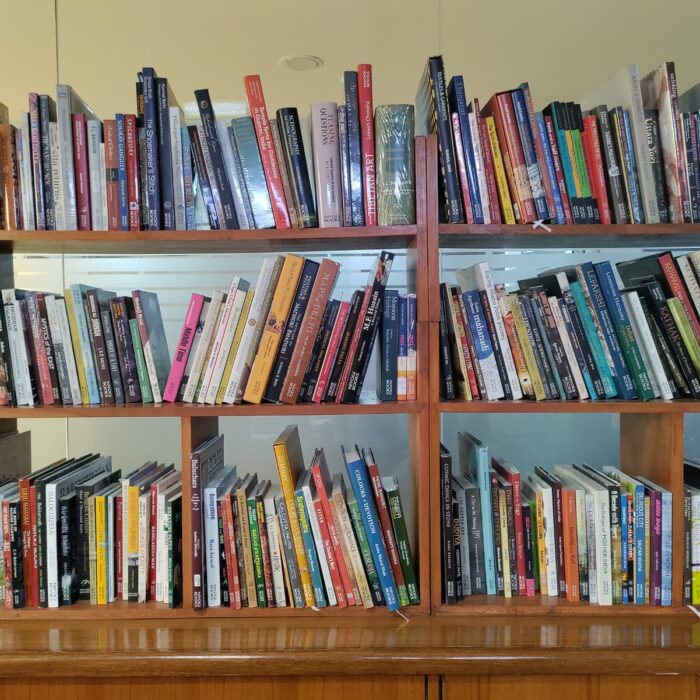
Widowhood, Patriarchy, and the Power of Change: Marking International Widows Day
Bani Basu’s seminal novel Swet Patharer Thala was published in 1990. In 2020, I felt the need to translate into English this powerful story about a young widow, who is left to face life with a small child dependent on her. The critical issues of the 1950s, which Bani Basu’s novel had highlighted, did not appear to have been addressed seriously even after 70 long years. Underdeveloped and developing nations like India had still not overcome their prejudices and superstitions regarding widowhood. The story of A Plate of White Marble certainly merited a wider readership for the cause of social change, widowhood in particular. Over the years, the rigidities have been relaxed a little bit and some restrictions may not be as strictly followed today, but as we delve deeper into the novel, we feel inclined to ask ourselves: have our mindsets really changed? Until this basic change takes place, a widow in the society will continue to remain an inauspicious, lonely, persecuted, exploited, and abandoned figure in society.
70 years later, the significant questions Bani Basu had asked in her novel, still have no rational responses. Her heroine, Bandana, wonders why all the rules and regulations are only applicable to a widow. Were the rules not needed to be followed by other members of the same family? She questions whether the grief and loss were hers alone and whether her husband was not also someone’s son, father, or brother? While all the others carries on with life as before, she is the only one who had to wear white clothes, remain unadorned, eat boiled vegetarian food, and is barred from attending any auspicious event. Society, instead of rendering sympathy and support to a grieving widow, makes her life even more painful. Bandana’s money and jewellery are not considered inauspicious when repolished to be used for her sister-in-law’s wedding, but if she would attend the ceremony, supposedly her presence would bring harm to the bride. Even in her workplace, people raise eyebrows at Bandana’s coloured clothes and at her eating non-vegetarian food. She is now also perceived as a woman ‘available’ for casual flirtation.
Her sole anchor in her widowed life, her son, too is unable to accept his mother’s wish to remarry, which happens much later in life. He abuses her, even though the man in question is one for whom he had great respect and had himself introduced to his mother. Ironically, it was to save her little son’s life that she had begun to defy social norms in the first place. There appears to be little improvement in our ingrained patriarchal beliefs and mindsets even today. A widow will rarely be viewed without ridicule if she dresses in bright clothes or is adorned with jewellery. Any attempt bravely made to move forward in life will get little support. In her endeavours to leave behind her tragic past, she is given no encouragement or help to make her future a better one. In the last phase of her life, Bani Basu’s heroine chooses to dedicate herself to the care of underprivileged children. She finally attains an independent life of self-reliance, dignity, and work satisfaction.
Today’s millennials need to read Bani Basu’s novel to change their mindsets. It is to be hoped that such novels will ultimately succeed in motivating society to give our widows the care, respect, and encouragement which they truly deserve. Readers will hopefully be reminded that widows are also human and cannot be victimized because of social superstition and gender discrimination. A woman cannot be treated like a criminal for a crime she never committed. Let us pray that this celebration of International Widows Day inspires us, and society at large, to change our age-old mindsets, to not perceive widows as anything other than human, and not to imprison them with patriarchally imposed rules and regulations. Delhi-based translator Nandini Guha is a (retd) Associate Professor of English from the College of Vocational Studies, University of Delhi.


